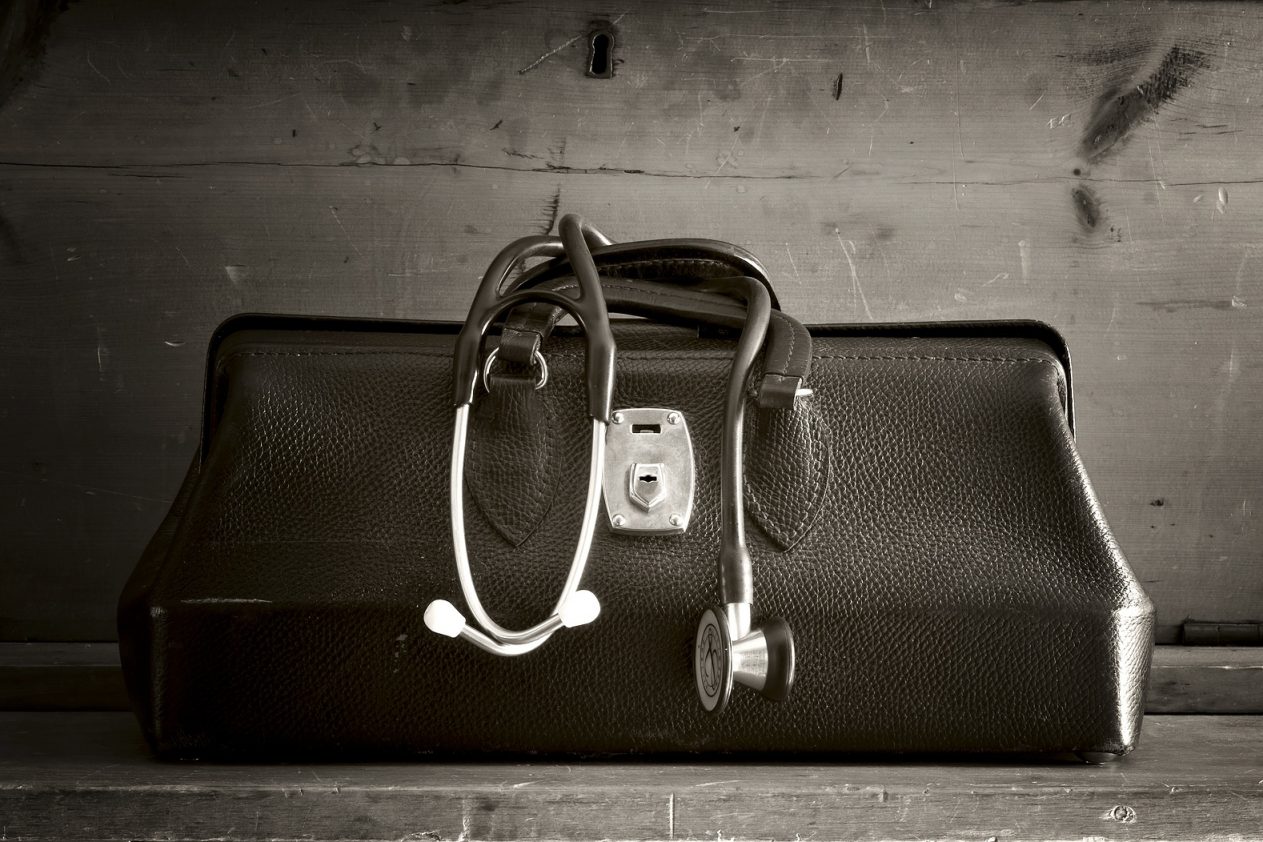The most remarkable interactions involve a doctor sitting with a patient and discussing bad medical news. Many physicians are gifted as they use observation, patience and intelligence to respectfully guide, gently educate and give support with compassion. When the news is hard, such caregivers create hope and comfort. The following incredible true story, observed on an oncology unit, is not such an example.
Ellen is a 57 year old secretary who suffers from lung cancer. The disease was originally treated with radiation and chemo, then surgery and subsequently with multiple rounds of chemo, two more courses of radiation and recent brain surgery. The cancer has spread to the other lung, her spine, her liver, the lining of her spinal cord, her adrenal glands, lymph nodes and, just to be obstinate, the lining of the original lung.
She sits sagging on the edge of a messed hospital bed, saline drips into a serpentine IV catheter in her arm, penetrating skin which is a map of bruises, as oxygen hisses through nasal prongs worn uselessly on her forehead, because it gives her nose bleeds, dangling oversized slippers into which are squeezed pillow-like feet.
Her doctor stands at the foot of the bed, while Ellen faces the pulled curtain just 2 feet away. They have 90-degree discordant eye contact, he of the chart, and her of the dark red-stripped pattern of hanging cloth. However, today she has courage. She knows things are worse. So, Ellen has decided to ask.
“Doctor, how am I?”
“Don’t you know how you feel?”
“I mean, how am I doing with the cancer?”
“You are doing fine.”
“But, I feel terrible.”
“Its OK.”
“Why do I feel so bad? What is happening?”
“Well, it’s just the cetuximab. And the enterococcus. And the macrocytic anemia. And the clostridium difficile. And the vagal effect of the opioids. And radiation enteritis. And anasarca. Decreased EF. Increased intracranial pressure. Its normal.”
“I don’t feel normal.”
“Its normal for cancer.”
“Doctor, the cancer has spread. I’m getting weaker. Is this the end? Is it terminal? Am I going to die?”
“Why do you ask?”
“I want to know.”
“Why don’t you let me worry about that.”
“I need to know.”
Silence.
Silence.
The doctor stares deeply in to the mysteries of the chart, which holds all answers. He clears his throat.
“Well, Ellen, let me put it this way. In 1945, the President of the United States was Franklin Roosevelt. A great President. Got us through World War II. In April of that year, he died of high blood pressure. Simple hypertension. 220 over 130, just before he died. Ruptured an artery in his brain. Now, if he were President today, we would just give him a pill to take. No one dies of just high blood pressure anymore. So, medicine is always changing.”
Silence.
Silence.
Furious scribbling in chart.
Sputtering hiss of oxygen.
The IV beeps.
Ellen stares at the pattern.
The doctor walks out the door.







23 Comments